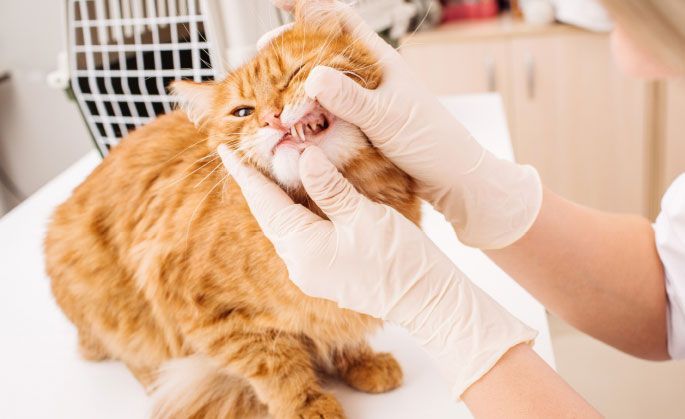Behavioural Advice
Behavioural problems can be due to behavioural causes, medical causes, or both. Our veterinarians will investigate behavioural problems by obtaining a full history and conducting a full examination (sometimes your pet may require blood or urine tests to rule out underlying medical conditions) to accurately diagnose a problem. Behavioural problems are often the combined effect of many factors, including your pet’s environment and learning.
Genetics can also predispose your pet to some behaviours, however the expression of those behaviours will depend on your pet’s early socialisation and training.
Changes in the environment may contribute to the emergence of behavioural problems. For example, changes in routine, a new member of the household (pet, baby or spouse), moving house, or the loss of a family member or pet can have a dramatic impact on behaviour. Any medical or degenerative changes associated with ageing may cause the pet to be even more sensitive to these environmental changes.
Learning also plays a part in many behavioural problems. Early training and socialisation is essential to have a happy, well-adjusted pet. Punishment of behavioural problems often worsens the situation and it is very important that professional advice is obtained as soon as the problem appears to effectively resolve it. Positive reinforcement is the preferred method for changing behaviour, however this also needs to be used carefully as it can encourage undesirable behaviour if used incorrectly.
How are behavioural problems treated?
There is no simple cure for any behavioural problem, so be careful when taking ‘’helpful’’ advice. For example, many people with a destructive dog are given the advice to get another dog to fix the problem, however, they may end up with two destructive dogs! It is very important that the cause of the problem is addressed, not just the symptoms of the problem. For example don’t chain a dog up because it is digging; find out the reason for the digging and treat the dog accordingly.
When it comes to your pet’s behaviour, it is extremely important to seek the advice of a qualified veterinarian or animal behaviour specialist. Changing problem behaviour requires commitment on behalf of the whole family, as everyone your pet interacts with will be responsible for encouraging desirable behaviour. For some problems such as barking, escaping, aggression, or separation anxiety it is beneficial to see the pet in its natural environment, thus a home visit may be appropriate. Some cases may also require medications alongside the new training techniques to get the best outcome.
For this and other behavioural problems we advise you contact us to make an appointment with one of our veterinarians.











